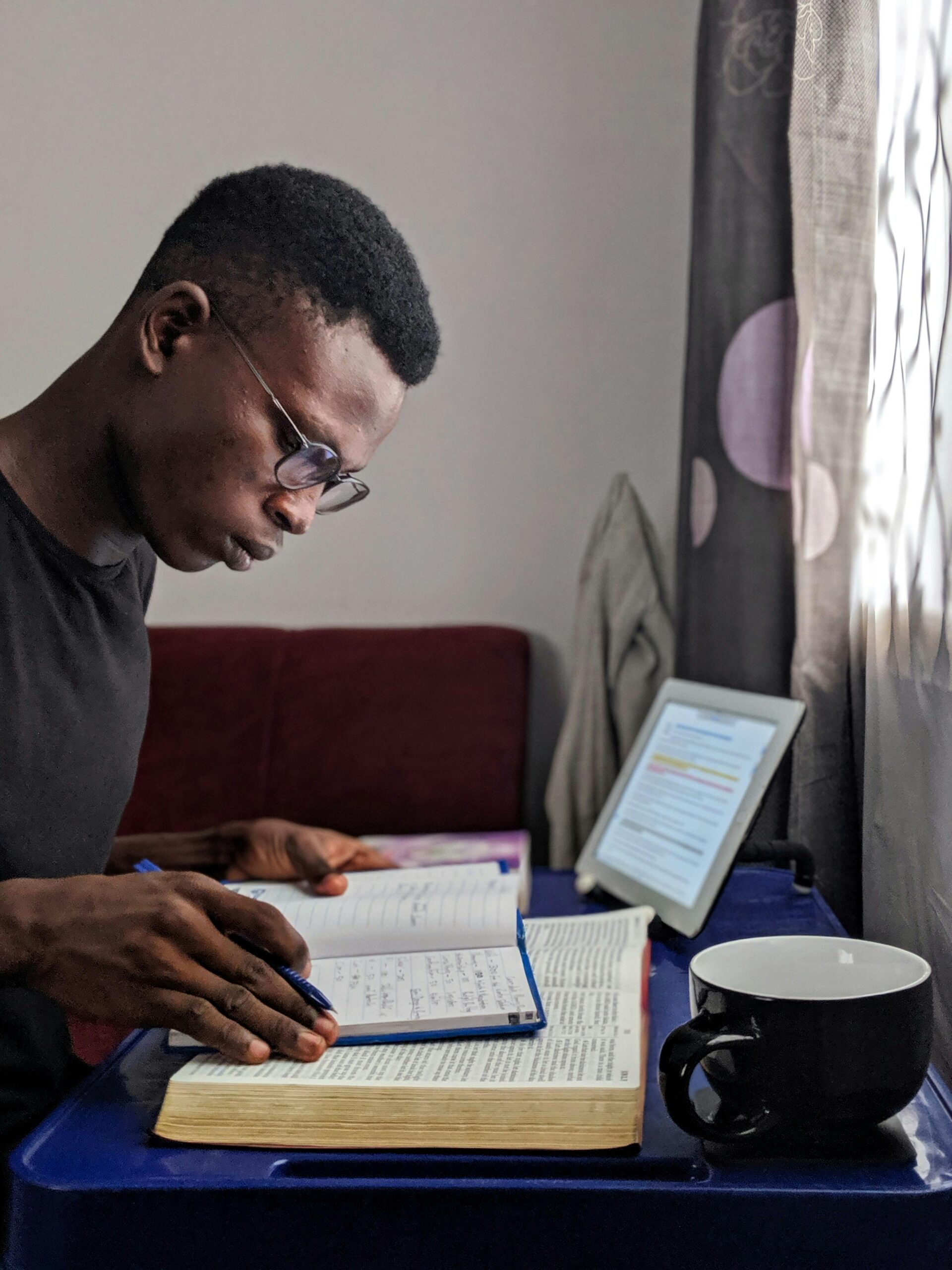Studying abroad is an enriching experience that opens doors to new opportunities, cultures, and perspectives. For many international students, the first step towards this adventure is obtaining a student visa. However, the visa application process can be complex and overwhelming, often involving numerous requirements and procedures. In this comprehensive guide, we will delve into the intricacies of the student visa process, offering aspiring international students a roadmap to navigate through the various stages successfully.
Section 1: Understanding Student Visas
1.1 Types of Student Visas
Before diving into the application process, it’s essential to understand the different types of student visas available worldwide. Depending on the destination country, these visas may vary in terms of duration, eligibility criteria, and permissions. Common types include:
- F-1 Visa (United States)
- Tier 4 Visa (United Kingdom)
- Student Visa (Australia)
- Student Visa (Canada)
- Student Visa (New Zealand)
Each visa type comes with its own set of requirements and restrictions, so it’s crucial to research and select the most suitable option based on your academic pursuits and destination country.
1.2 Eligibility Criteria
Eligibility criteria for student visas often encompass various factors such as academic qualifications, financial stability, language proficiency, and health insurance. Requirements may differ between countries and educational institutions, so prospective students must thoroughly review the specific criteria outlined by the respective immigration authorities.
1.3 Duration and Renewal
Student visas typically have a finite duration corresponding to the length of the academic program. However, some countries may offer provisions for visa renewal or extension under certain circumstances, such as pursuing further studies or participating in optional practical training (OPT). Understanding the visa’s duration and renewal process is essential for planning and ensuring compliance with immigration regulations.
Section 2: Preparing for the Visa Application
2.1 Researching Destination and Institutions
Selecting the right destination and educational institution is a crucial step in the visa application process. Prospective students should conduct thorough research on universities or colleges offering programs aligned with their academic goals and personal preferences. Factors to consider include academic reputation, program curriculum, faculty expertise, campus facilities, and geographic location.
2.2 Financial Planning
Financial documentation is a key requirement for student visa applications, demonstrating the applicant’s ability to cover tuition fees, living expenses, and other associated costs. It’s essential to develop a comprehensive financial plan encompassing sources of funding, such as scholarships, grants, savings, sponsorships, or loans. Additionally, applicants should ensure compliance with the financial requirements specified by the immigration authorities of the destination country.
2.3 Language Proficiency Tests
Many countries mandate language proficiency tests as part of the visa application process, especially for non-native English speakers. Tests such as the TOEFL (Test of English as a Foreign Language) or IELTS (International English Language Testing System) assess an applicant’s proficiency in English, which is crucial for academic success and integration into the host country.
2.4 Health and Medical Requirements
Some countries require international students to undergo medical examinations or provide evidence of health insurance coverage as part of the visa application process. It’s essential to familiarize oneself with the specific health and medical requirements stipulated by the immigration authorities and comply accordingly.
Section 3: Completing the Visa Application Process
3.1 Gathering Required Documentation
The visa application process entails compiling a comprehensive set of documents to support the application. Commonly required documents include:
- Passport
- Letter of acceptance from the educational institution
- Proof of financial capacity (bank statements, scholarship letters, etc.)
- Language proficiency test scores
- Medical examination reports
- Visa application forms
- Passport-sized photographs
- Any additional documents specified by the immigration authorities
It’s crucial to carefully review the list of required documents and ensure that all submissions are accurate, up-to-date, and comply with the specified guidelines.
3.2 Visa Application Submission
Once all required documents are gathered and organized, applicants can proceed with submitting their visa application. Depending on the destination country, visa applications may be submitted online, through a visa application center, or directly to the consulate or embassy. It’s important to adhere to the prescribed procedures and deadlines to avoid delays or complications in the processing of the application.
3.3 Visa Interview (if required)
In some cases, applicants may be required to attend a visa interview as part of the application process. The interview aims to assess the applicant’s bona fides, intentions, and eligibility for the student visa. It’s essential to prepare thoroughly for the interview by familiarizing oneself with potential questions, organizing supporting documents, and articulating clear and genuine responses.
Section 4: Navigating Visa Approval and Arrival
4.1 Visa Processing Time
The duration of visa processing varies depending on factors such as the destination country, time of year, and volume of applications. Applicants should monitor the progress of their visa application through the designated tracking systems provided by the immigration authorities. It’s advisable to submit the application well in advance of the intended start date of the academic program to account for any potential delays.
4.2 Visa Approval and Notification
Upon successful processing of the visa application, applicants will receive notification regarding the status of their visa. If approved, applicants may be issued a visa vignette or sticker in their passport or receive an electronic visa authorization. It’s important to carefully review the visa details for accuracy and validity dates before making travel arrangements.
4.3 Pre-Departure Preparation
With the visa approval secured, international students can focus on finalizing preparations for their journey abroad. This may include arranging accommodation, booking flights, purchasing travel insurance, obtaining necessary vaccinations, and familiarizing oneself with the host country’s culture, customs, and regulations. Adequate pre-departure preparation ensures a smooth transition and enhances the overall student experience.
Section 5: Conclusion
Navigating the student visa process as an aspiring international student can be a challenging yet rewarding endeavor. By understanding the various requirements, procedures, and considerations involved, applicants can effectively prepare and navigate through each stage of the process with confidence and diligence. Remember to conduct thorough research, adhere to deadlines, and seek guidance from educational institutions, immigration authorities, and relevant resources to maximize your chances of success. With careful planning and preparation, the journey towards academic and cultural enrichment awaits.






